The
Afrikaner
Declaration
What is the Afrikaner Declaration?
Afrikaners are an indigenous cultural community in Africa. This continent has been our home for several centuries. For this reason, we want to work for a free, safe and prosperous future for our descendants at the southern tip of Africa. We want to engage and work with other communities in South Africa in a spirit of mutual recognition and respect to find solutions to the multiple crises that are threatening our common future. We also want to make a contribution to the socio-economic development of Africa.
Our country has a complex past. There have been serious conflicts between communities, and Afrikaners take black people’s experiences of the past seriously. The crisis in the country now compels us to have a vision for the future that is stronger than our memory of the past. From time to time, we still have to look in the rearview mirror, but for the sake of progress, we will only be able to embark on the journey that lies ahead if we look through the front window towards the future. We should not allow ourselves to differ so vehemently about the past that we destroy the future. For this reason, we must build upon the examples of the good relations and cooperation between different groups that have existed in the past.
The question is asked what Afrikaners need to be able sustainably to live permanently free, safe and prosperous in co-existence with other communities in South Africa, and in so doing also making a sustainable contribution to the well-being of other communities.
The short answer to this is that we need normality, i.e. a normal society through which we can help to ensure a prosperous future for everyone. We would like briefly to outline our basic premises for the establishment of such a normal society.
The Afrikaner Declaration
01.
Afrikaners are an indigenous cultural community of Africa
We did not come to Africa as Afrikaners. Centuries ago, our ancestors came here from various countries in Europe, but became Afrikaners here, long before the birth of South Africa as a country. Our language and culture are indigenous to Africa. We named ourselves, our language and many of our institutions after Africa. Afrikaners are a self-defined cultural community – a people – and not simply a language group or a racial grouping. We emphasise that through Afrikaans we also have a bond through our common language with the majority of coloured (“bruin”) South Africans, as well as with a significant number of people from other South African communities. We respect these other Afrikaans cultural communities and will cooperate and have been cooperating with them in all appropriate issues. We come from a Western Christian tradition and trust in God’s promises of hope for the future, especially in times of crisis The republican ideal has always enjoyed strong support among Afrikaners which, in practice, means that we want to make and implement our own decisions about our community.
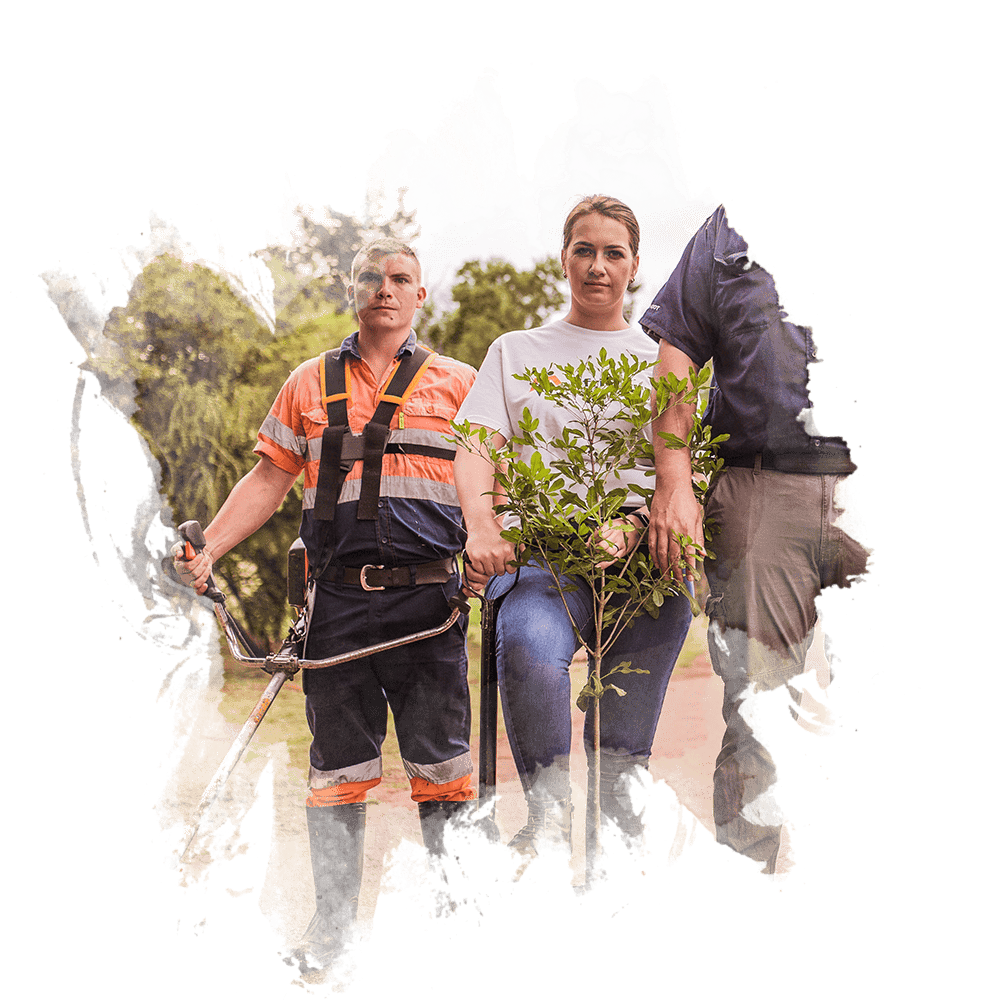
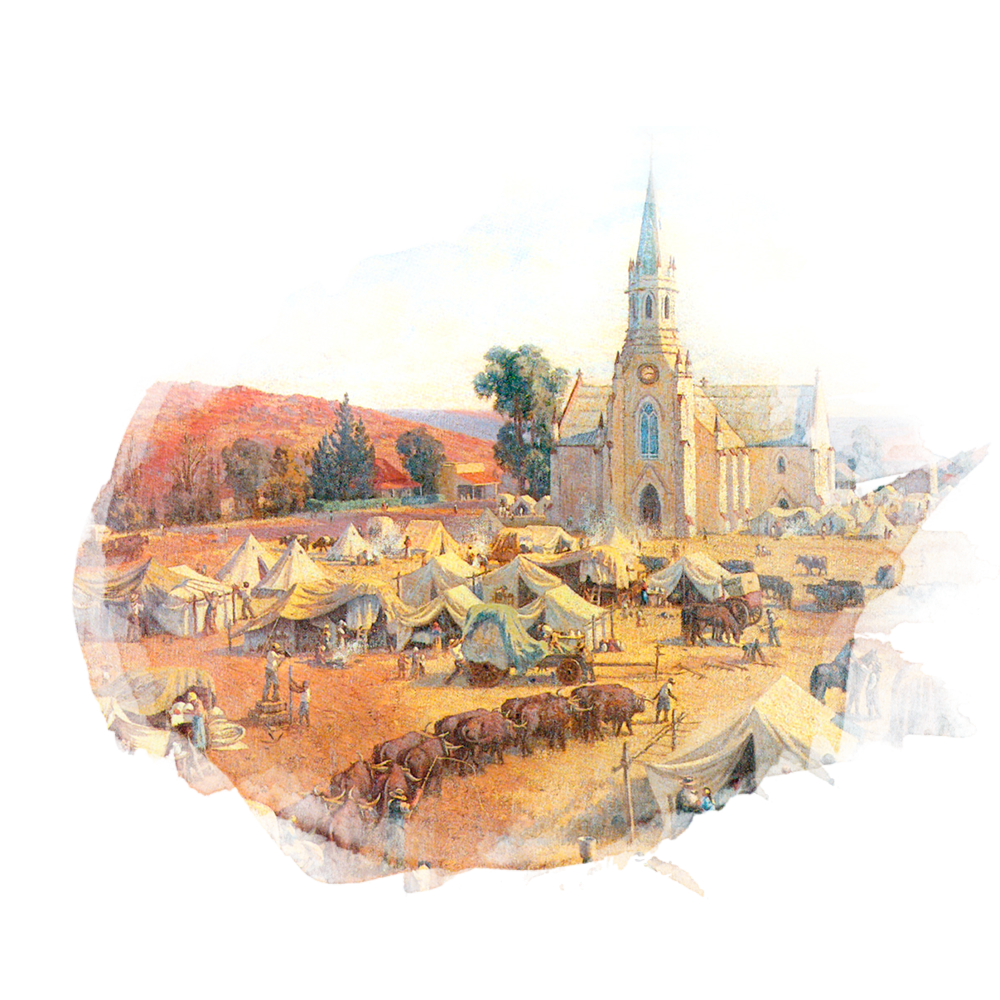
02.
We want to stay here and contribute to the well-being of the country and all its people
We are convinced that we have a future here. For this reason, we want to help create the conditions for Afrikaners to live and prosper in a way that is sustainable. This will also enable us to make a lasting contribution to the well-being of other communities. We also strive to maintain ties with the Afrikaner diaspora and to encourage them to remain involved in South African communities. We regret that some of our fellow Afrikaners had to move away against their will because they no longer saw a future here.
03.
Cooperation is in the interest of the freedom, safety and prosperity of everyone
We believe that there are more things that unite the country’s communities than dividing us. Even if we do not always share the same views, we share core interests such as a functioning country and a healthy society in which everyone has the opportunity to build a better future. On the one hand, we are committed to building a close-knit community among Afrikaners, and on the other hand, we are committed to cultivating ties with all the communities of South Africa to help achieve a prosperous life for all.
Afrikaners are a well-organised community and would like to have the space and opportunity to contribute towards addressing the crises South Africa is currently grappling with. We believe that cooperation between communities, rather than political strife, is the solution to good race relations.
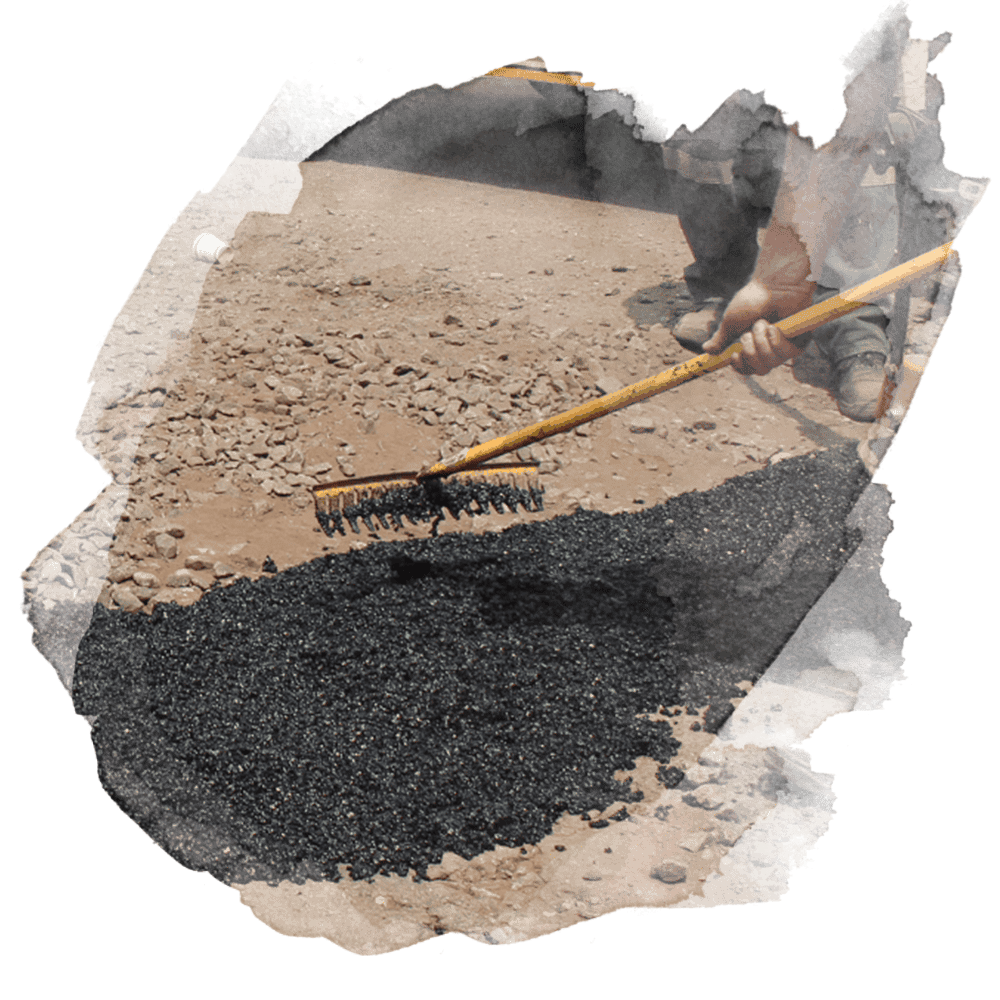

04.
We are building to remain here
A cultural community lives in and by the institutions it needs for its survival and through which its culture is passed on to the next generations. That is why we are building cultural infrastructure, living spaces, hearths and homes, and institutions that will enable us to live in South Africa. The purpose of this “cultural household” is not to isolate ourselves, but indeed to make it possible to flourish and live alongside others in southern Africa.
05.
Cultural freedom is a condition for democratic freedom
If we do not have cultural freedom, we will be dominated by the demographic majority in every area of our lives. This applies even to the most fundamental matters that affect our survival. Domination by the majority at the expense of minorities is fundamentally inimical to the very principle of a democracy. Democratic freedom can only be achieved if cultural freedom is ensured as an essential precondition for our survival.
At the same time, cultural freedom is a precondition for our mother tongue, Afrikaans, to continue its existence as a fully functional language.
The recognition of cultural freedom in the form of culture-related rights and spaces is a condition for the equal enjoyment of our individual rights. Without such recognition, the individual rights of the demographic majority annihilate the individual rights of cultural or national minorities.
Our cultural institutions, such as schools, universities, trade unions and the like, create those spaces that are communal homes to us. In our experience, these spaces are under constant political attack and are put in jeopardy by legislation and policy. For this reason, we wish to ensure that we, through internal cultural autonomy and by having a say in government, will be able to enjoy lasting democratic cultural freedom. When we can unreservedly participate in our cultural life through our own institutions, it is easier for us to reach out to other communities, in this way promoting cooperation.

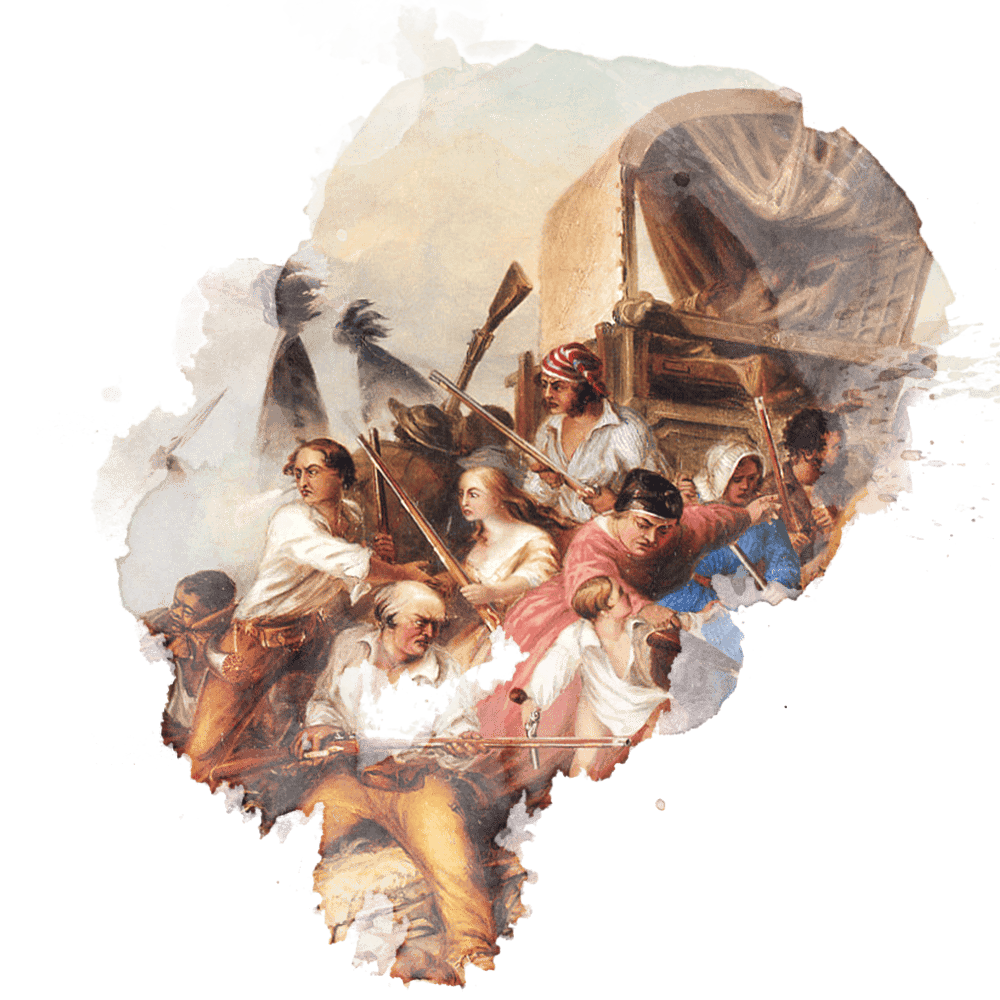
06.
We subscribe to the equal worth of all communities
We subscribe to the equal worth of all communities as the basis for the participation of all of us in the bigger reality. We view ourselves as equal to others, and not superior or inferior to other communities. We are entitled to the same rights, spaces and competencies that other cultural communities enjoy, which include one or more cultural areas. This demand is not out of the ordinary. International law and the Constitution of South Africa also make provision for this.
We endorse measures to promote equal opportunities for all, but we reject the perpetuation of racial laws that reduce Afrikaners to second-class citizens, leading to unequal citizenship. It stifles enterprising Afrikaners’ ability and excludes them from the opportunity to make a contribution to the upliftment and development of the country and all its people. In many instances, the manipulation of these racial measures has also led to the weakening of the public sector and public enterprises and has even promoted corruption. The abolition of these measures will help release the brakes that stymie economic growth and will contribute towards the benefit of the public as a whole. Racial legislation that is to the detriment of the comparatively small percentage of young Afrikaner people makes no difference to the large majority of young black people. A racial dispensation is not reconcilable with a constitutional democracy, a functioning state and a growing economy.
07.
The past should not destroy the future of us all
It is said that every community regards itself as the centre of the world and writes its history as the central story of humanity. This also applies to the diverse views South Africa’s communities hold of history, something that can sharply divide us. We acknowledge the complex past and the legacy of historical conflict that are partly still persisting. We also regret the fact that the inspirational examples of cooperation between communities in South Africa in the past are largely forgotten today. Yet, the divisions of the past may not be perpetuated in such a way that they destroy our common future. Therefore, we must build on the historical examples of cooperation between communities, rather than staring us blind against the history of conflict in the past.
We cannot change the past, but we can cooperate to tackle the crises we are facing today. Our children cannot be blamed for what happened before they were born, while government leaders are not being held accountable for what they are doing today.

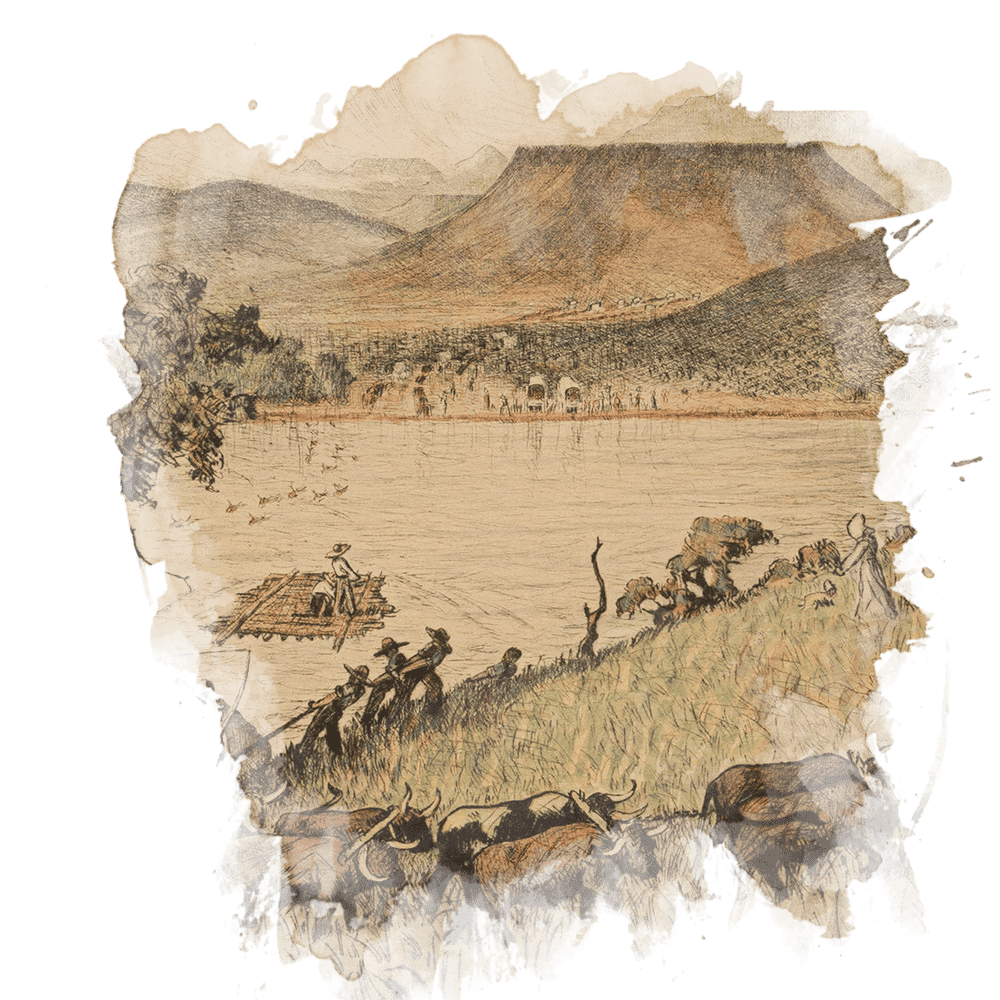
08.
The Constitution acknowledges the aspiration for territory
Like in any other community, an internal full consensus does not exist about what our community needs to prosper. However, our democratic maturity ensures that it is not necessary to oppose that with which you differ. A substantial number of Afrikaners support the democratic ideal of internal cultural autonomy for Afrikaners in South Africa. There is also a significant group that holds the position – in accordance with the republican tradition – that cultural freedom without territory is groundless. Although a governing elite and the Constitution already recognise this aspiration, in reality, its implementation is being made very difficult. That is why a political solution is needed to address this. Special cultural zones with a geographical base, almost like the cultural areas of other communities in the country, can form part of a solution.
The Constitution creates space for this in the provision it makes for various forms of internal self-determination. No national minority has the luxury of closing a constitutional door to greater autonomy, because it would then put itself in a permanent state of dependence on the majority.
09.
Unity in diversity
Reconciliation and nation building may not be reduced to incorporation into ruling ideology or demographic incorporation into the majority. History shows that such an approach provokes a polarising cultural revival. We believe that the recognition of diversity and space is the best way of promoting national unity premised on the recognition of diversity. We do not support the notion that reconciliation depends on the acceptance of the policy of majoritarianism, because such a demand would be fundamentally undemocratic and would impair the equality and human dignity of people.


10.
Participation in relevant governmental decision making
At the moment, Afrikaners are excluded from structures of public and cultural participation, such as the recognised institutions of traditional communities. Channels must be created through which Afrikaners can have a say at a national level about matters that affect our community and the country.
11.
Economic empowerment
It is essential that poverty, unemployment, crime and other serious burning social issues that ravage the country be addressed decisively. Afrikaners wish to contribute to the economic empowerment of all poor people. Afrikaners believe that lessons for today can be learnt from the history of the economic and cultural upliftment of Afrikaners in the past and the present.

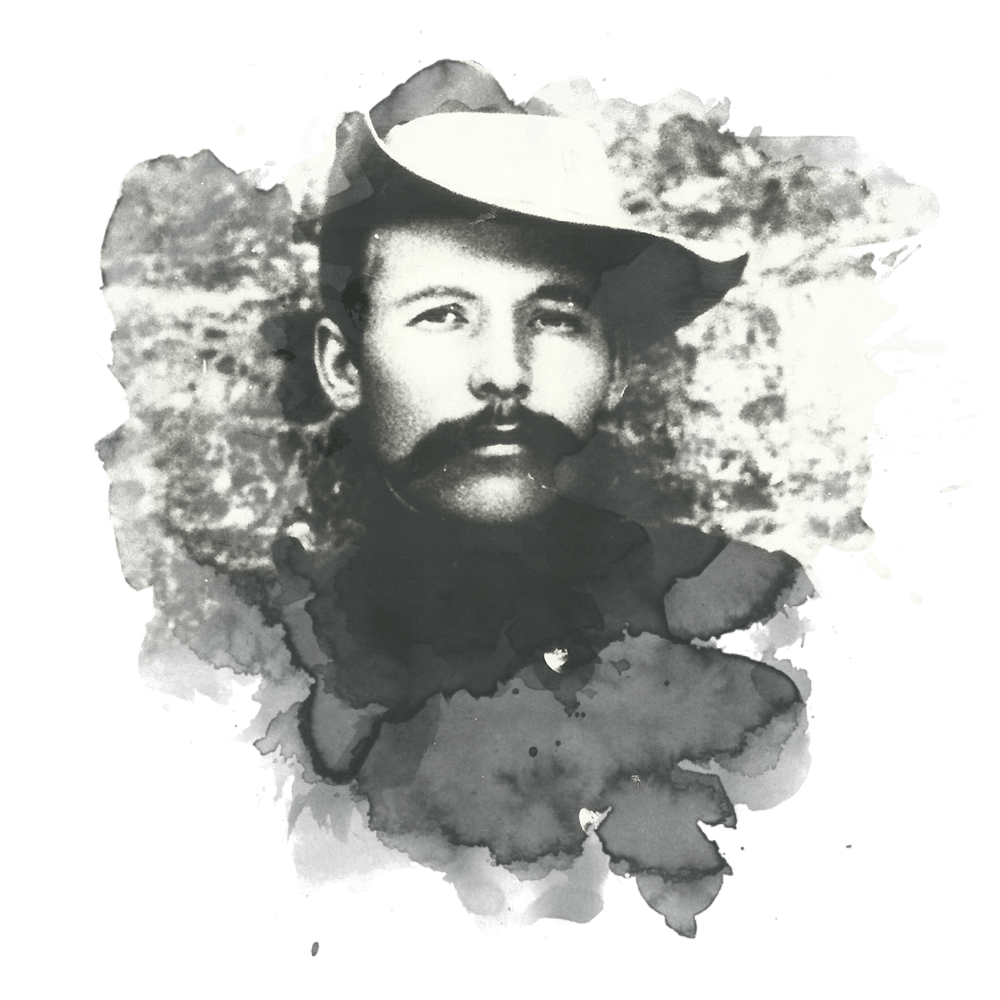
12.
A Cultural accord
In view of our position as a permanent minority, Afrikaners are democratically excluded from and without access to government. No channels to engage with government are available to us other than through the courts, the media and public confrontation. This leads to conflict and a deterioration of relationships. A cultural accord can create a channel for communication and liaison with authorities to address burning issues timeously, mediate agreements on such issues and restore and build trust. Such an accord should, as a minimum requirement, reaffirm the existing cultural rights and spaces provided for in the Constitution and by international law. Afrikaners’ claims to and our emphasis on rights and interests should not be viewed in isolation or as special treatment. The spaces provided for by the Constitution, as well as by established international conventions granting rights to cultural communities and placing obligations on states, resonate with us. This includes the right of a cultural community to exist; the right to institutions in which and through which people of a cultural community can live and where cultural transfer can take place; the right to the development of cultural areas; and an exemption from unfair racial provisions that may impede the pursuance of these rightful pursuits.
We are of the opinion that we have hereby established our fundamental premises, as well as what is needed to ensure that we remain here and build our country. We have thereby confirmed our bona fides as South Africans.
Sign the Declaration
Media statement
Media statement: 19th April 2024
Embargoed until 20th April 23:59
Joint Afrikaner Declaration at the 30-year anniversary of South Africa’s constitutional dispensation
A network of leaders from several Afrikaner organisations, networks and individuals releases this joint statement to outline a way forward in light of the serious crisis the country and the Afrikaner community are facing. This statement stems from serious concern about the accelerating state failure in the country, our experience that the ANC is violating important sections of the 1994 settlement, and the intention of Afrikaners across a wide spectrum to work together constructively to find solutions for our own community and for the country.
The significance of this is evident from the fact that this is the first joint declaration of the Afrikaner community since 1994. Although the signatories do not claim to speak on behalf of all Afrikaners, we at least do so on behalf of the nearly two million people that these organisations represent. The declaration stems from talks between several Afrikaner organisations, leaders, networks and individuals who have met regularly since 2021 to reflect on Afrikaners’ future role and place in the country.
While for the past 30 years Afrikaners have campaigned through various organisations for the protection of Afrikaners’ rights and freedom and contributed to the welfare of the country as a whole, one drawback was that there was no collective approach. We could not state our points of view with one voice against an increasingly distant and even hostile government. Under these circumstances and with great success, several organisations in our ranks began walking the path of getting things done themselves, and continuing to be self-sufficient and independent of the state and government because we had no other choice. This pursuit of self-reliance included forms of self-determination, promoting Afrikaans, socio-economic projects, cultural development, food security and physical safety.
Our talks have led us to endorse the need for a joint public statement in which we could emphasise our commonalities rather than our differences. Consequently, it can be seen as the first unified declaration since the commencement of the new dispensation, although it still allows for a diversity of opinions.
We release this statement with the following three objectives:
- We want all South Africans to take note of the disposition and good faith of Afrikaners.
- We want as many other Afrikaner organisations, networks, leaders and individuals as possible to sign the declaration.
- We want to convince the government of the necessity to conclude a cultural accord with Afrikaners, for the sake of stability and for the benefit of the country and all its people.
We are here to stay!
